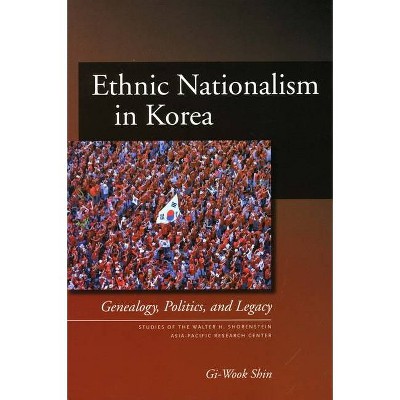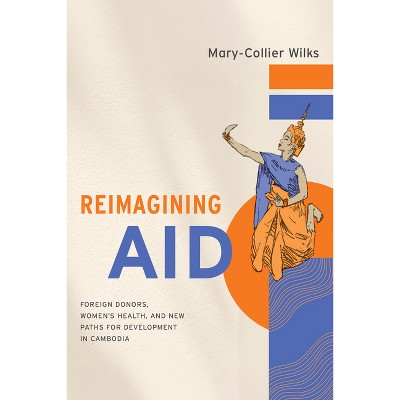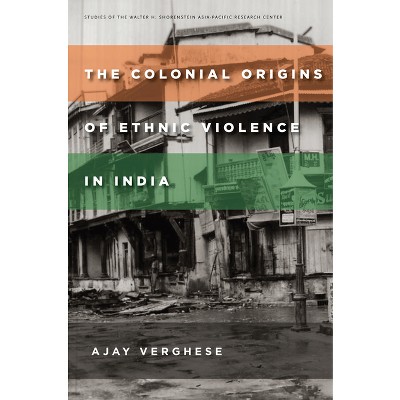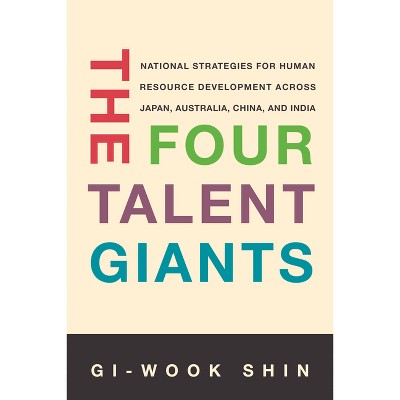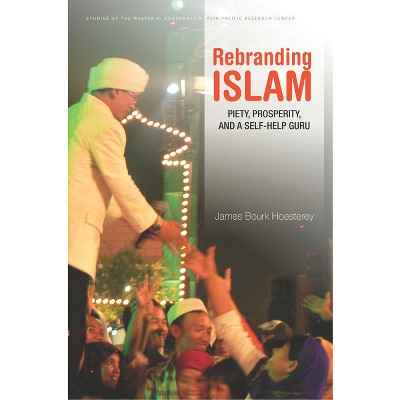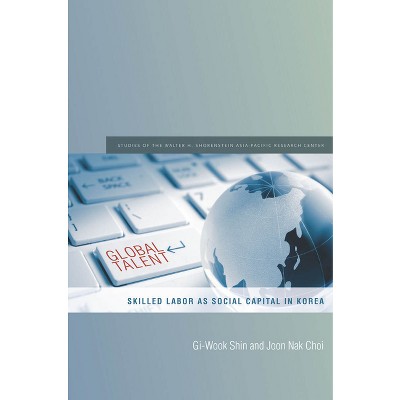Prospects for Peace in South Asia - (Studies of the Walter H. Shorenstein Asia-Pacific Research C) by Rafiq Dossani & Henry Rowen (Paperback)

About this item
Highlights
- Prospects for Peace in South Asia addresses the largely hostile, often violent relations between India and Pakistan that date from their independence in 1947.
- About the Author: Rafiq Dossani is a Senior Research Scholar at Stanford University's Asia-Pacific Research Center (APARC), and is responsible for developing and directing the South Asia Initiative.
- 440 Pages
- Social Science, Ethnic Studies
- Series Name: Studies of the Walter H. Shorenstein Asia-Pacific Research C
Description
About the Book
Dossani's book addresses the largely hostile, often violent relations between India and Pakistan that date from their independence in 1947.Book Synopsis
Prospects for Peace in South Asia addresses the largely hostile, often violent relations between India and Pakistan that date from their independence in 1947. The persistent conflict between the two neighboring countries over Kashmir has defied numerous international attempts at resolution and entered its most dangerous phase when both India and Pakistan became nuclear powers in 1998.
The struggle over Kashmir is enduringly rooted in national identity, religion, and human rights. It has also influenced the politicization of Pakistan's army, religious radicalism, and nuclearization in both countries. This incisive volume analyzes these forces, their impact on relations between the two countries, and alternative roles the United States might play in resolving the dispute. While acknowledging the risks, the book is optimistic about peace in South Asia. The key argument is that many of the domestic concerns (such as territorial integrity in both countries and civilian-military rapprochement in Pakistan) that were fueling the conflict have abated.
From the Back Cover
Prospects for Peace in South Asia addresses the largely hostile, often violent relations between India and Pakistan that date from their independence in 1947. The persistent conflict between the two neighboring countries over Kashmir has defied numerous international attempts at resolution and entered its most dangerous phase when both India and Pakistan became nuclear powers in 1998.The struggle over Kashmir is enduringly rooted in national identity, religion, and human rights. It has also influenced the politicization of Pakistan's army, religious radicalism, and nuclearization in both countries. This incisive volume analyzes these forces, their impact on relations between the two countries, and alternative roles the United States might play in resolving the dispute. While acknowledging the risks, the book is optimistic about peace in South Asia. The key argument is that many of the domestic concerns (such as territorial integrity in both countries and civilian-military rapprochement in Pakistan) that were fueling the conflict have abated.
Review Quotes
"...the scholarship is impressive and analyses mostly free of bias."--Economic and Political Weekly
About the Author
Rafiq Dossani is a Senior Research Scholar at Stanford University's Asia-Pacific Research Center (APARC), and is responsible for developing and directing the South Asia Initiative. Henry Rowen, Director Emeritus of APARC, is a Senior Fellow at the Hoover Institution and Emeritus Professor of Public Policy and Management at Stanford's Graduate School of Business.